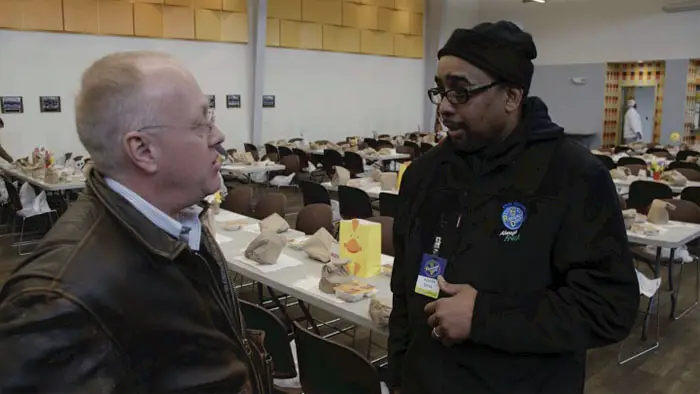
If like a fair number of people, you were surprised by the results of the 2016 presidential election, it’s tempting to view Donald Trump’s presidency as an anomaly. According to this way of thinking, Trump came out of nowhere and hijacked an otherwise reasonable and dignified political process. Next year’s election, in this sense, is a chance to return to a pre-Trump state of normalcy, as though Trump’s removal would be enough to fix the many problems in American politics.

“As Peabody sees it, Trump is a ‘symptom’ of larger failings in the American system that date back to the 20th century.”
In The Corporate Coup D’État, Fred Peabody tries to argue that this view of American politics is short-sighted. As Peabody sees it, Trump isn’t an exception to the rule: rather, he’s a “symptom” of larger failings in the American system that date back to the 20th century. Far from breaking with his predecessors, Trump is really just imitating them, adopting the same kinds of pro-big business policies that characterized Barack Obama and Bill Clinton’s ostensibly more “liberal” presidencies.
Before I describe the issues with Peabody’s film, I should mention that the film can generally be divided into two sections. Parts of the film, on the one hand, consist of interviews of various public intellectuals (notably Cornel West), most of whom use their screen time to inveigh against what they view as the rise of fascism and “corporatism.” Conversely, other parts of the film seek to directly portray the consequences of Trump, Obama, and Clinton’s pro-corporation policies, featuring depictions of struggling ordinary Americans who reside in economically moribund cities (e.g., Camden, New Jersey; Youngstown, Ohio) across the country.

"…this is a film that aspires to be provocative and subversive..."
